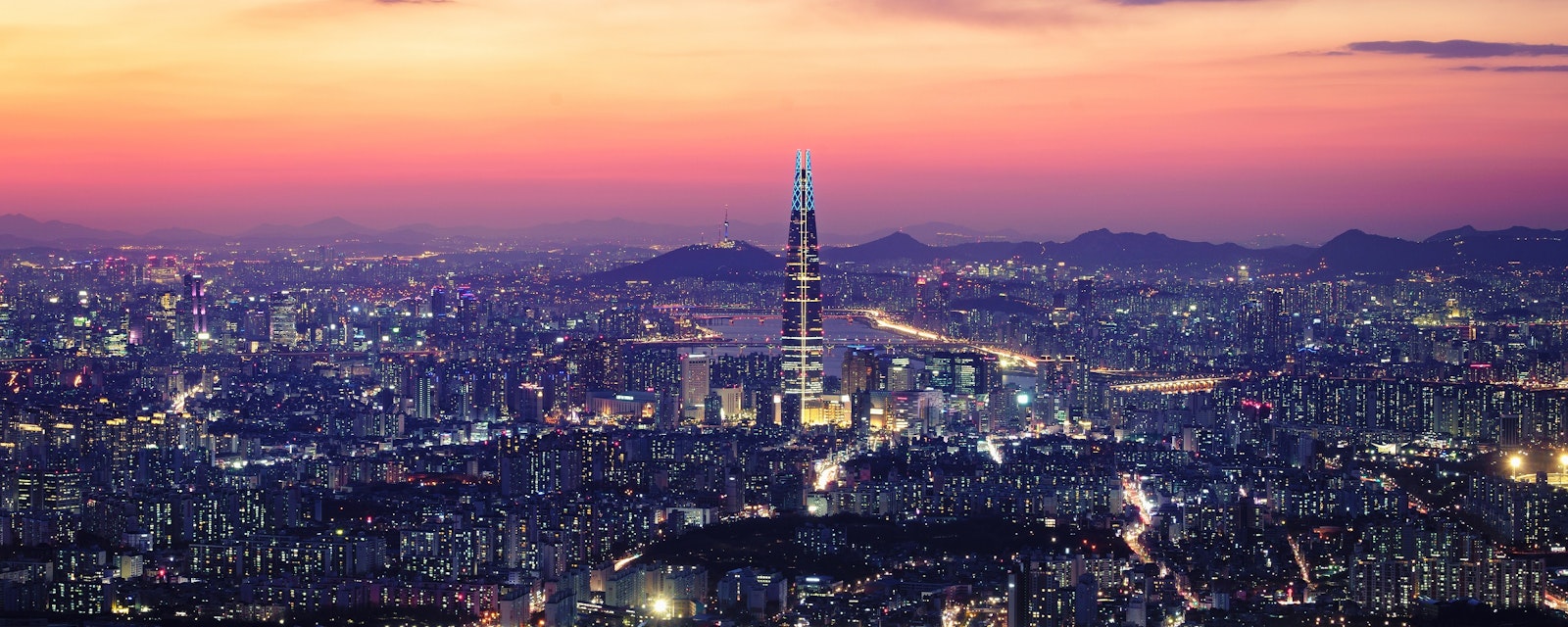This month president-elect Yoon Seok-youl dispatched a foreign policy delegation to Washington to seek early progress on defense issues and prepare the ground for a summit with President Biden on May 21 in Seoul. A delegation to Tokyo met with Prime Minister Fumio Kishida on 26 April in a significant step towards improving bilateral (and trilateral) relations, but legacy disputes continue to cast a shadow. The new administration is set to be a more active proponent of the international liberal order even at the risk of friction with China and will continue with trade agreement applications.
Enhancing Defense with Washington
Ahead of his inauguration on 10 May, Yoon sent seven top advisors to Washington in early April to advance his distinct new foreign policy agenda. The team was led by Park Jin, a four-term parliamentarian with a strong background in foreign affairs who will become the next foreign minister. The itinerary included a meeting with US national security advisor Jake Sullivan at the White House, and the trip paved the way for a Biden-Yoon summit that will be held on 21 May in Seoul, ahead of the Quad summit in Japan. This represents a double win for Yoon, as the earliest-ever summit with a US president for a new Korean leader and the first summit to be held in Seoul in almost 30 years.
Top of Yoon’s agenda with President Biden will be strengthening extended deterrence and defense against an increasingly bellicose Pyongyang, which has conducted about a dozen missile tests this year alone and recently threatened pre-emptive nuclear strikes if it felt its “fundamental interests” were threatened. Park’s discussions with Sullivan included the issue of American ‘strategic assets,’ a category that could include aircraft carriers, nuclear-armed submarines, and long-range bombers. During the presidential campaign Yoon spoke of enhancing missile defense with a further deployment of the US’s THAAD system near Seoul and the early roll-out of a new Iron Dome-type system.
The Biden administration will welcome the new administration’s plan to become more forward-leaning on the Quad than outgoing President Moon Jae-in. The US expects Yoon to be “a terrific partner and ally,” according to Deputy Secretary of State Wendy Sherman. South Korea has a lot of expertise to contribute to areas such as supply chains, climate, and global health, cooperation on which the Biden administration is seeking to advance through the Quad and the unfolding Indo Pacific Economic Framework. Initially, Seoul’s engagement is likely to come through working groups, with the potential for more formalized participation in the future.
Building Bridges in Tokyo
Yoon also promises to adopt a “future-oriented” approach to restore bilateral relations with Tokyo, and by extension the trilateral grouping with the United States. Under Moon, ties reached the lowest point since the normalization of diplomatic relations in 1965. Prior to the Tokyo visit, Park Jin acknowledged that the 2015 agreement between the two governments on the so-called ‘comfort women’ issue of forced wartime prostitution was still valid, an apparent reversal of Moon’s 2017 reneging on the deal. Current Prime Minister Fumio Kishida concluded the agreement as then-foreign minister, saying it would resolve the issue “finally and irreversibly,” and its re-validation would go some way to restoring trust on the Japanese side.
Following talks with various political and business leaders in Tokyo this week, the delegation had a 25-minute meeting with Prime Minister Kishida and delivered a personal letter from Yoon. This represents the most positive development in bilateral ties in over five years. Afterwards, Kishida spoke of communicating closely with the new administration and of developing strategic coordination on the bilateral and trilateral axes to address current threats to the rules-based international order.
And yet, historical and territorial disputes continue to cast a shadow over the present. Just in the past month, many in South Korea were upset by Japan’s education ministry approving new history textbooks that appear to downplay the plight of Korean forced laborers during World War II, while Kishida’s decision to send a ritual offering to the spring festival at the contentious Yasukuni Shrine also caused affront. Meanwhile, the Japanese government lodged a diplomatic protest against South Korea’s plans to survey the area around the disputed Dokdo/Takeshima islets, which are controlled by Seoul but claimed by Tokyo. Despite speculation, it is not yet clear whether Kishida will attend Yoon’s inauguration, and a failure to do so would be an implicit acknowledgement that rebuilding ties will take time.
Leaning in on the Liberal Order
The new administration also plans to pivot to a more global role than its predecessor and be more active in support of the international liberal order. This could soon become evident in areas such as overseas development assistance (ODA) and support for Ukraine.
The posture shift will also be true in terms of relations with China. Yoon’s team spoke of restoring a “normal” relationship with Beijing, in contrast to the Moon years. What this will mean in practice is unclear, but Yoon is laying down a marker in terms of taking a harder line on countering Pyongyang’s missile threat and weapons of mass destruction. That could cause friction with Beijing, particularly if there is a new THAAD deployment.
One area of continuity with the outgoing administration will be on trade agreements. Yoon will forge ahead with applications to join Chile, New Zealand, and Singapore in the Digital Economy Partnership Agreement (DEPA), and also the eleven-member Comprehensive and Progressive Agreement for Trans-Pacific Partnership (CPTPP). The success of the latter could depend on improved ties with Japan.




